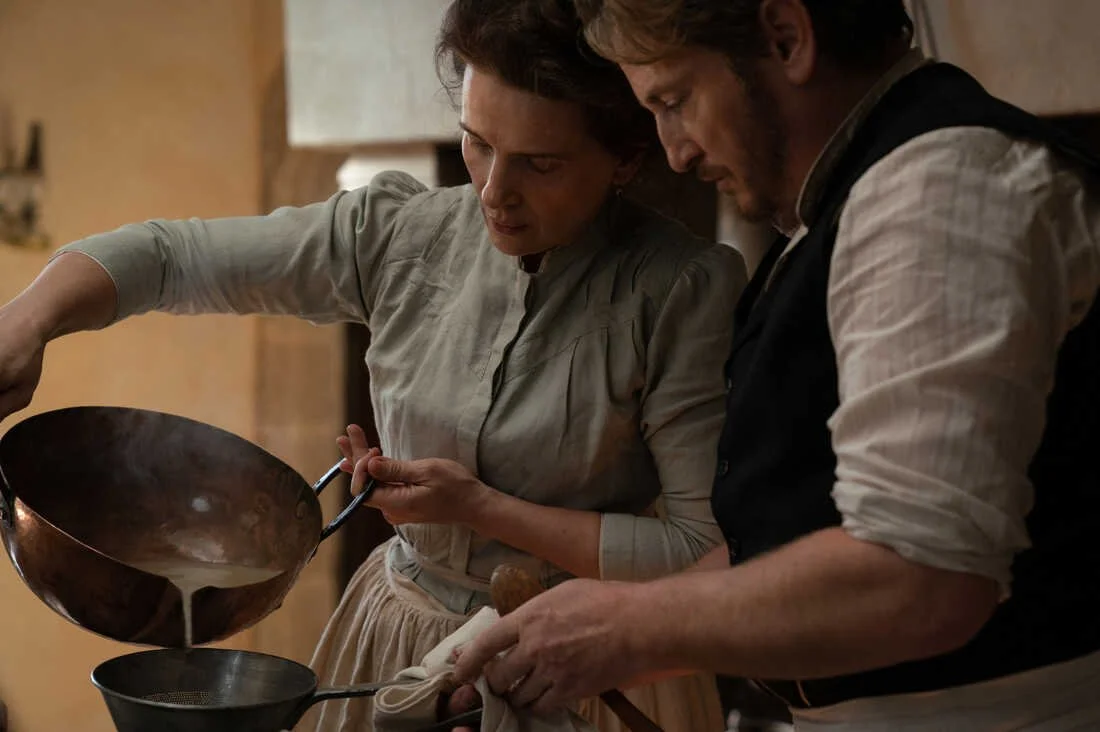JANE AUSTEN WRECKED MY LIFE
Directing: B-
Acting: B
Writing: B-
Cinematography: B
Editing: B+
Who decided on this English translation of Jane Austen a gâché ma vie, I wonder? That’s the original, French title of this film, and when you ask Google to translate, it comes up with Jane Austen Ruined My Life. That’s a better title, no? Am I wrong here? If you remove every word except gâché, however, it translates as spoiled. Should the title have been Jane Austen Spoiled My Life? I should note that I do not speak French at all, and for all I know, gâché is closer colloquially to wrecked in American English than to ruined. I have no idea! I’m really glad we had this talk, I think we really accomplished something here today.
Did writer-director Laura Piani, though? That’s the real question here, because I feel a little ambivalent about this film. It seems to have genuinely charmed a lot of critics. Right now I am kind of leaning toward the title Jane Austen Muted My Evening.
I mean: it’s fine. I have no major complaints. Well, except that I could get little sense of Piani’s direction, and I often could not tell if the characters here lacked any naturalism or if it’s just a vibe of French sensibility that is foreign to me. The characters interact with each other with an unusually comfortable familiarity, which ironically radiated off the screen to me as awkward.
Here’s a burning question. Are Parisians big on book stores? The one where Agathe (Camille Rutherford) works appears to be thriving. Apparently, this is one of the things in Jane Austen Wrecked My Life that is real: the French love books. In fact, the bookstore where Agathe works, Shakespeare and Company, is very real—an English-language bookstore that has been open in Paris since 1951. I wish I had known that while I was actually watching the movie. I’d have paid more attention during the many book store scenes. I remain a little annoyed by the seemingly haphazard way they put books on the shelves. Is there no order in this store?
Agathe works with her best friend, Félix (Pablo Pauly), who indulges Agathe in her obsession with Jane Austen novels. She is also a writer, an insecure one who writers “cheap romances” (as one writing teacher puts it), but Félix submitted her unfinished chapters to the Jane Austen residency without telling her. After much resistance, Félix convinces her to go. This place is located in the middle of the woods somewhere in England, and the sweet old lady running the place speaks French fluently—as does her grown son she send to pick up Agathe, Oliver (Charlie Anson). These are British actors and characters, and Agathe of course speaks English fluently, so Jane Austen Wrecked My Life has dialogue pretty evenly mixed between the two languages.
Here we get to the Great Question: should Agathe be with Félix, or with Oliver? The story here plays out in a way transparently meant to mirror Elizabeth Bennet and Fitzwilliam Darcy from Pride and Prejudice. Ironically, when Agathe and Félix first meet, he has a prejudice against Austen’s work, calling it “overrated.” We already know Agathe has deep pride in Austen’s work.
It’s all pleasant enough, although Agathe longs for the “poetic spark” of novels that she finds lacking in reality—and most of the time, I kind of felt the same way about this movie. The one exception, and a notable one at that, is when the Jane Austen Residency puts on a ball, with everyone wearing the clothing of Austen’s era, and doing the same English Country dancing. At this point, Félix has surprised Agathe with a visit, the day after she actually has discovered a spark with Oliver, and here she moves from dancing with one, to dancing to the other, and back. This sequence is dazzling in its execution, the moment when Jane Austen Wrecked My Life actually sidesteps into the realm of movie magic. I rather wish more of the rest of the movie were like it.
As it is, Jane Austen Wrecked My Life is sprinkled with subtle charms, including Oliver’s dad evidently slipping into the kind of giddy dementia that has him gardening with nothing on from the waist down. I’ll probably forget this movie entirely within a week, as it blossoms in moments but utterly wilts in the shadow of the work that inspired it, but it’s still a nice memory for the short time it will last.
That moment when magic happens.
Overall: B










